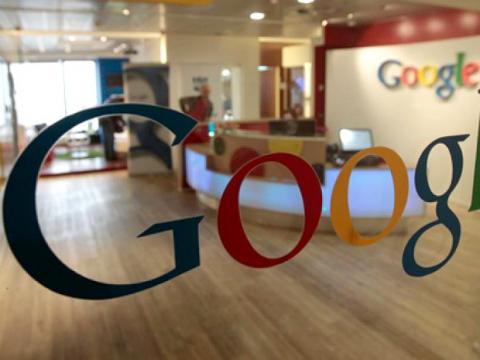12,000 Europeans ask Google to forget them
Following the court's decision, Google had received a few de-linking requests from Europeans. However, the new form opened the floodgates by offering an easier way for people to officially file their requests.The form asks for a user's details, the links to the 'outdated information', and an explanation of why they should be removed.
Anyone wanting to use the form will also need to provide a scan of a piece of photo ID, to stop fraudulent attempts to remove information. What remains to be seen is whether Google received the 12,000 requests due to pent-up demand for such a feature, or if the company can expect to see volumes increase over time. While Google doesn't have to remove results simply because it receives a request, the person making it can also take their case to the relevant data protection authority.
Google has criticised the ruling for getting the balance between people's privacy and the public's right to know wrong, while others believe it's an attack on freedom of expression. The UK's Information Commission's Office has said the ruling is well balanced, since it doesn't give an absolute right to be forgotten and does reflect the role search engines play in facilitating access to information.
Prior to the ruling, it was unclear if Google and other search engines were accountable under European law for search results that affected the privacy of individuals.
Liam Tung

